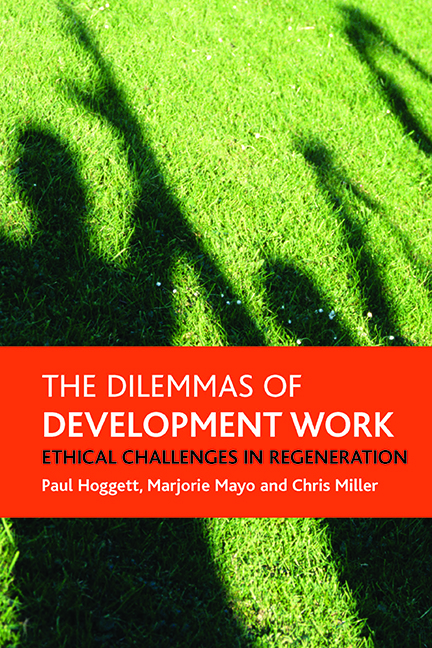eight - Modernisation and community governance
Published online by Cambridge University Press: 21 January 2022
Summary
Modernisation has been a key theme for all three Labour administrations in Britain since 1997, with public service reform a central plank. As the Prime Minister's Strategy Unit pointed out in 2007, this was not simply a feature of the previous decade, either. The reform of public services had been a feature of previous governments since the Thatcher/Major years of the last decades of the 20th century, as the state's role began to be reduced. Public service reform, the Strategy Unit argued, was now ‘centred around the citizen consumer’, with greater choice for service users, whether services were to be delivered by the state, the third sector, the private sector or some combination working in partnership together. Rather than acting as direct provider, then, the role of the state has become increasingly that of commissioner, enabler and performance manager, setting priorities. Labour administrations have particularly emphasised their role in target setting, aiming to bridge the gap between the quality of service provision in the most disadvantaged neighbourhoods compared with the national average, part of a national strategy to combat social exclusion. The government is ‘flexible about who delivers services – public, private or third sector’, focusing on ends not means, balancing top-down performance management and control with increasing choice for users shaping the service from below (Prime Minister's Strategy Unit, 2007).
This chapter sets out to unpack the assumptions underlying these policy statements, together with their varying implications for professional practice. To what extent do these policies differ from those of previous governments in the last two decades of the 20th century? How far are these policies internally consistent? Or have governments been trying to combine mutually conflicting policy objectives, striving to modernise public services through the increasing use of market mechanisms while simultaneously setting out to tackle poverty and social exclusion? And how have these differing policy initiatives impacted on front-line professionals working to promote participation in governance, active citizenship and empowerment among service users and among young people, particularly those living within disadvantaged neighbourhoods, identified as being in need of some form of professional intervention, professional modernisers who are, themselves, being professionally modernised?
While the focus of this chapter on modernisation and community governance is concentrated on the British context, British experiences do also need to be set within a wider framework.
- Type
- Chapter
- Information
- The Dilemmas of Development WorkEthical Challenges in Regeneration, pp. 131 - 144Publisher: Bristol University PressPrint publication year: 2008

